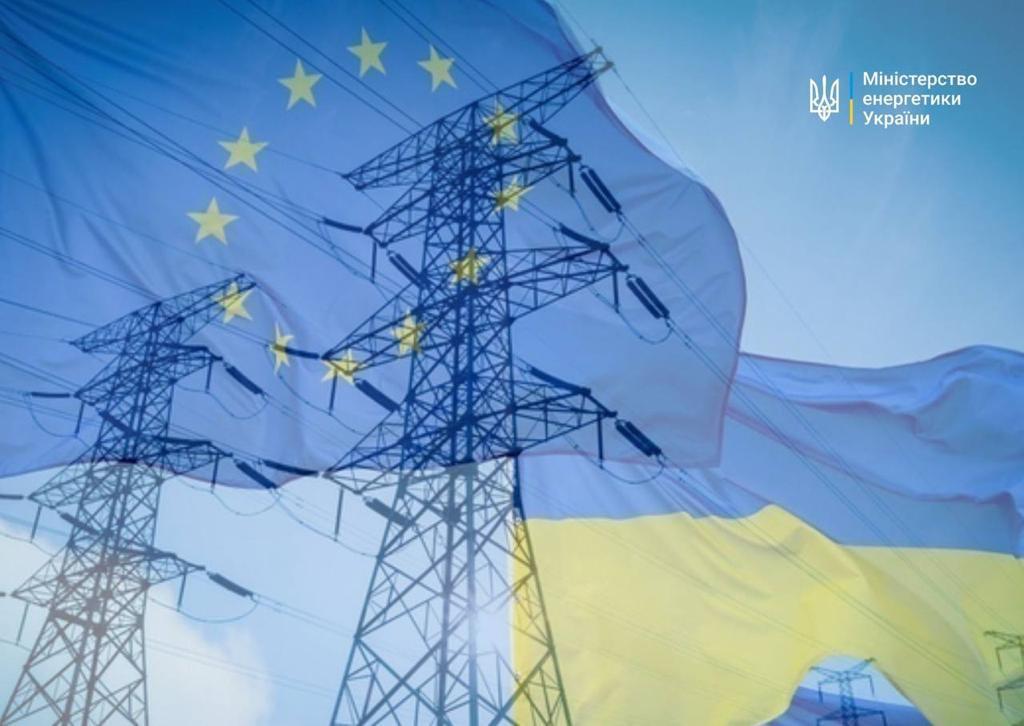
Volumes of electricity sold at the “green” auctions in March and April increased in comparison to January and February
The Guaranteed Buyer has issued the statistics of a “green” auction in January – April 2023. According to the Guaranteed Buyer website, the Guaranteed Buyer organized 28 auctions in total during the first four months of 2023, 481 buyers of renewable electricity have been selected.
The percentage of payments to producers according to
the "feed-in" tariff for the first 10 days of April is about 80%
On April 20, the Guaranteed Buyer reported a 30% increase in payments to renewable producers benefiting from the feed-in tariff in April 2023.
The surge of electricity sold by the Guaranteed Buyer at “green” auctions in March 2023 in comparison to February 2023 and receiving part of the advance payment by NEC "Ukrenergo" are two factors underlying the reported 30% increase.
Starting from January 2023 the Guaranteed Buyer has purchased ~ 1,615 thousand MWh of renewable energy. The share of solar energy in this mix is 54%, wind energy – 25%, bioenergy – 16% and hydro-energy – 5%.

The National Energy and Utilities Regulatory Commission has approved the procedure, under which renewable energy producers benefitting from the “feed-in” tariff could exit the Guaranteed Buyer balancing group
On April 25, The Regulator approved the procedure for the entry and exit of renewable energy producers benefitting from the “feed-in” tariff from the balancing group of the Guaranteed Buyer.
The NEURC’s decision implements the legislative enactment adopted in August 2022 allowing producers benefitting from the feed-in tariff to temporarily exit the Guaranteed Buyer balancing group which by now is indirectly a pre-requisite for receiving the feed-in tariff.
Renewable procedures can leave the Guaranteed Buyer balancing group or exclude separate generating units from the balancing group by suspending the electricity purchase and sale agreement under the "feed-in" tariff. To leave the balancing group the producer submits to the Guaranteed Buyer the application with the desired date of exit. The leave becomes effective starting from the first day of the month following the month in which the producer applied for the leave; however the leave could not become effective earlier than 20 days after the date of the application.
Once the leave becomes effective the power purchase agreement on the purchase and sale of electricity under the “feed-in” tariff suspends in terms of the Guaranteed Buyer obligation to purchase the whole volume of electricity supplied by the respective producer, and of the producer’s obligation to reimburse the Guaranteed Buyer imbalances costs and contribute to the special fund of the Guaranteed Buyer.
The producer may re-enter the balancing group within 60 days after it applies to resume its membership in the Guaranteed Buyer balancing group.

 RGC connects Ukraine's first biomethane plant
RGC connects Ukraine's first biomethane plant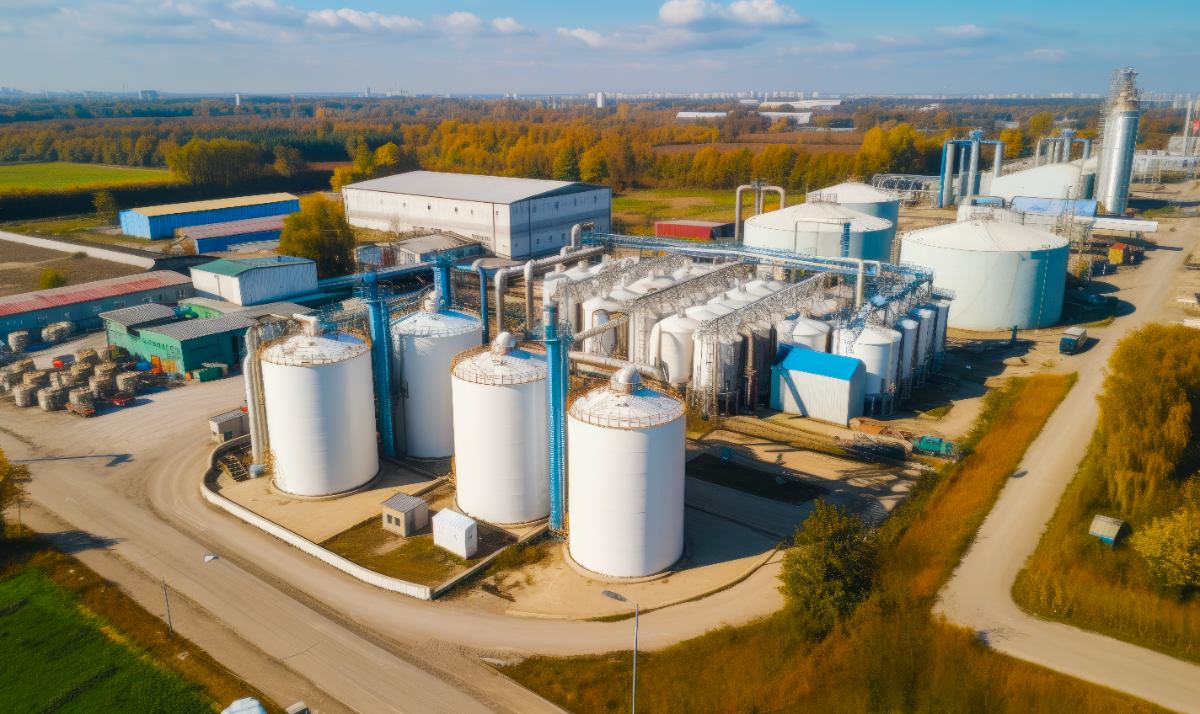 The establishment of physical and virtual entry points in the gas transmission system from the gas distribution systems (through which biomethane is transmitted in the presence of a reverse compressor station), proposed by the Draft Resolution, will ensure efficiency and transparency in accounting for the biomethane supplied to the gas distribution system and Gas Transmission System.
The establishment of physical and virtual entry points in the gas transmission system from the gas distribution systems (through which biomethane is transmitted in the presence of a reverse compressor station), proposed by the Draft Resolution, will ensure efficiency and transparency in accounting for the biomethane supplied to the gas distribution system and Gas Transmission System.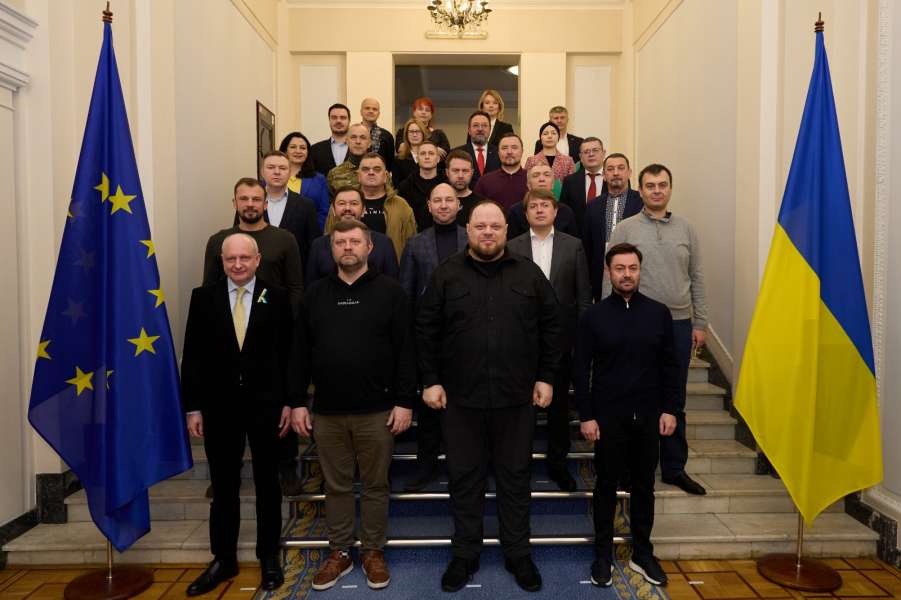 On April 17,
On April 17, 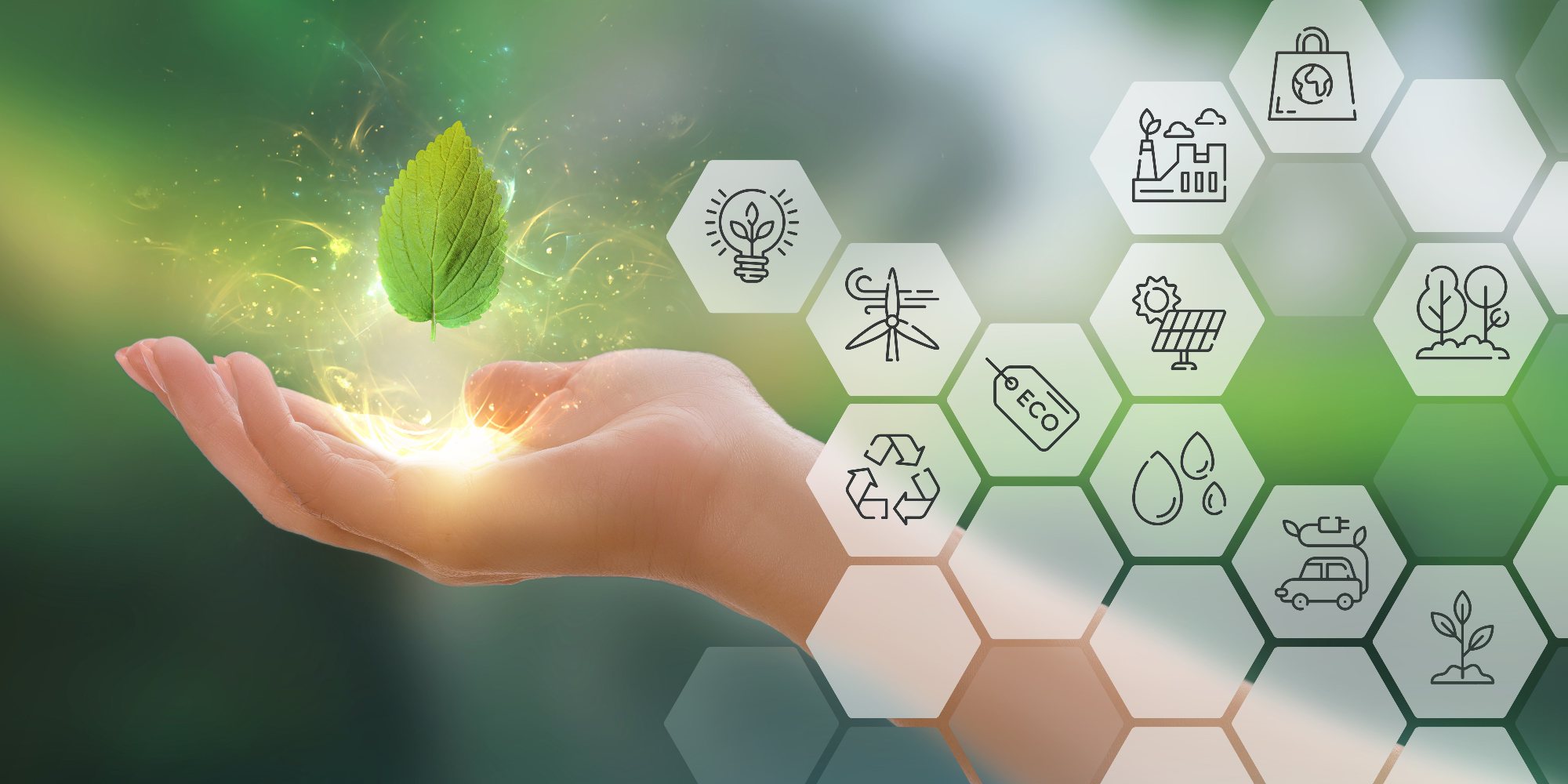 The fund will be replenished with proceeds from the environmental tax levied on carbon dioxide emissions from stationary sources of pollution. This includes the implementation of programs to improve the energy efficiency of households, utilities, public buildings, micro, small and medium-sized businesses. Another area is the introduction of energy services and the development of decentralized energy production and storage systems.
The fund will be replenished with proceeds from the environmental tax levied on carbon dioxide emissions from stationary sources of pollution. This includes the implementation of programs to improve the energy efficiency of households, utilities, public buildings, micro, small and medium-sized businesses. Another area is the introduction of energy services and the development of decentralized energy production and storage systems.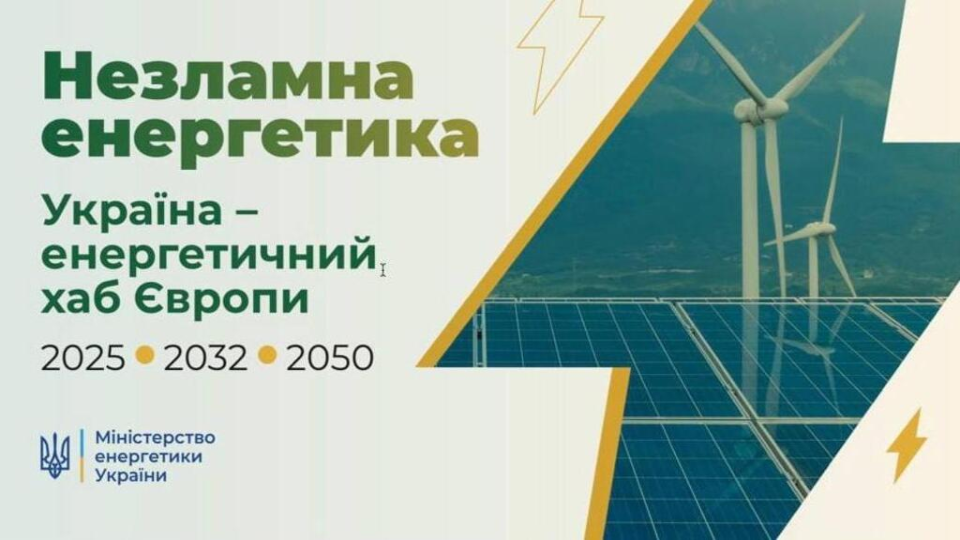
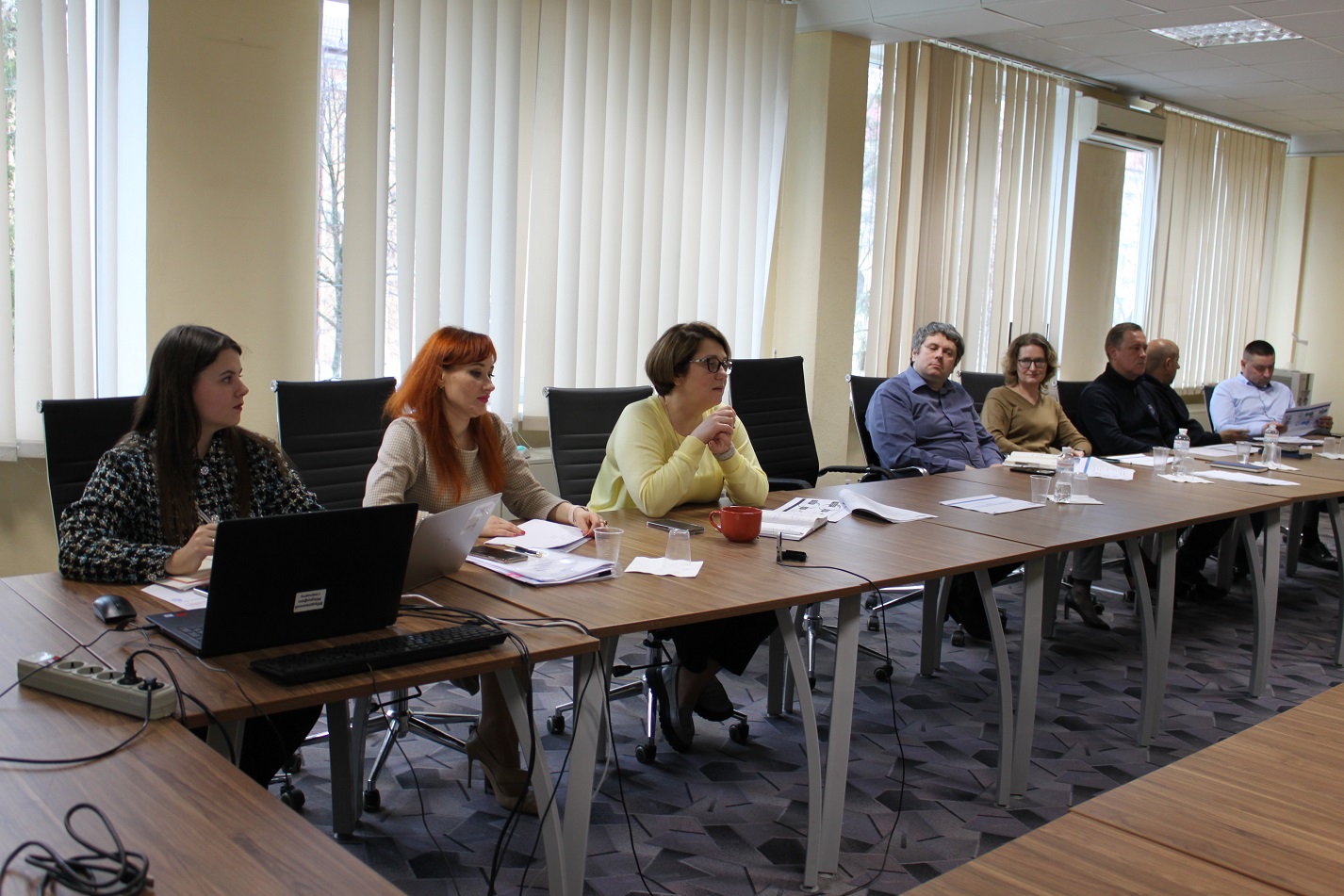 NEURC and MPs of Ukraine discussed the implementation of the REMIT draft law
NEURC and MPs of Ukraine discussed the implementation of the REMIT draft law  The Prime Minister of Ukraine signed an agreement to raise additional USD 200 million for the restoration of the Ukrainian energy sector
The Prime Minister of Ukraine signed an agreement to raise additional USD 200 million for the restoration of the Ukrainian energy sector